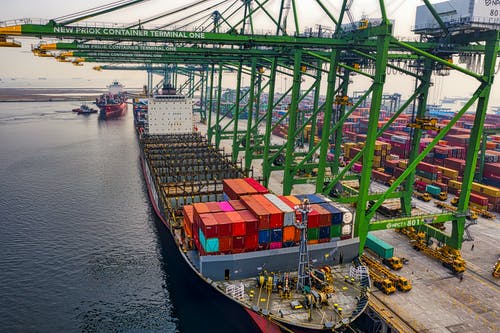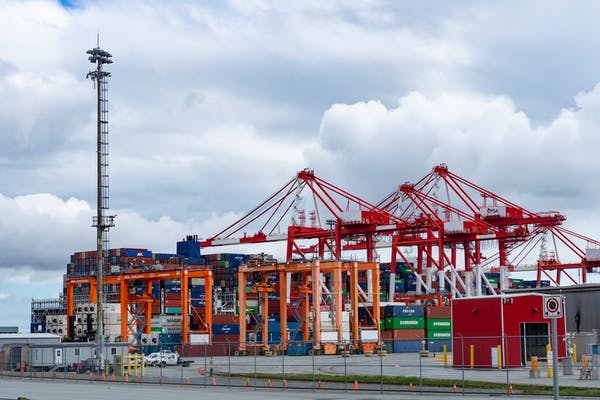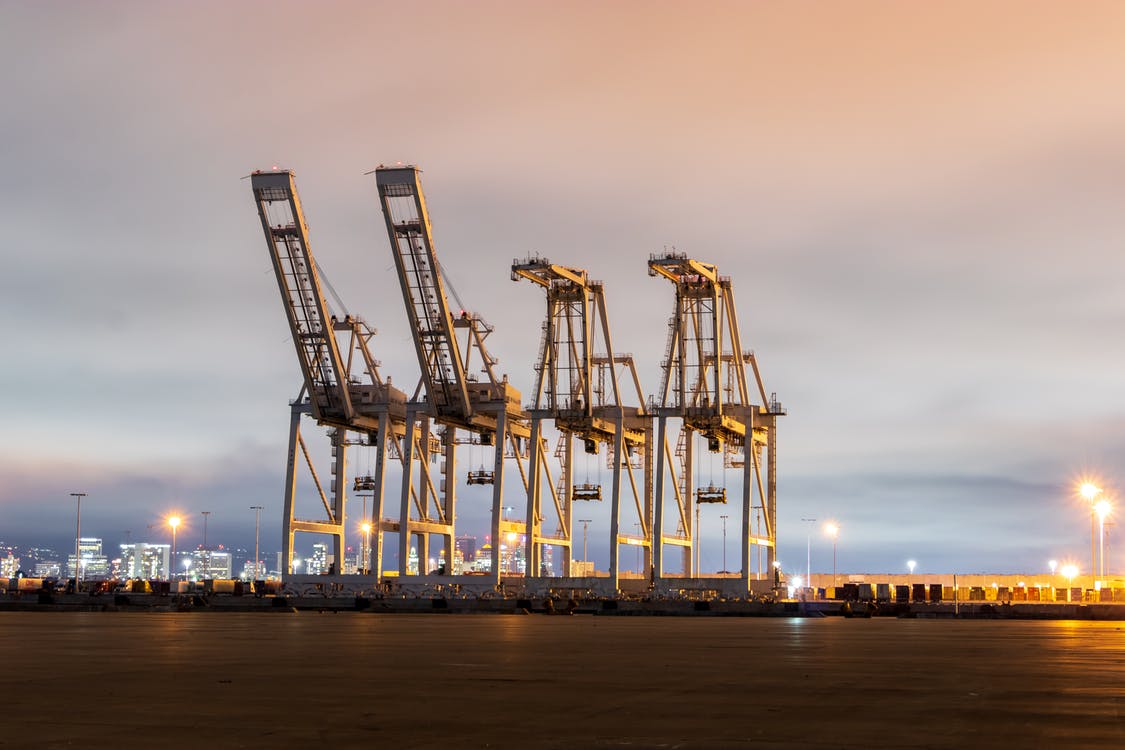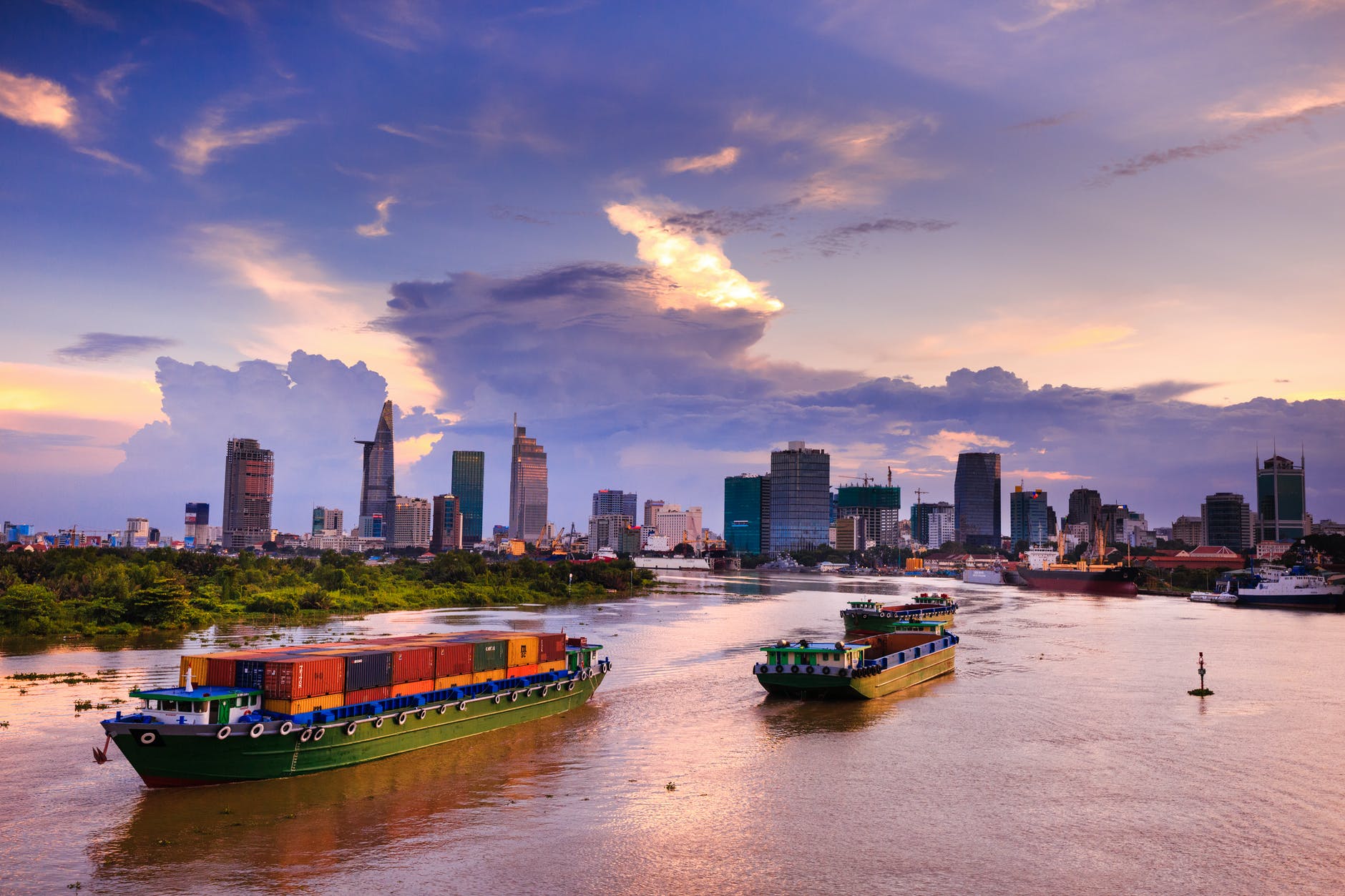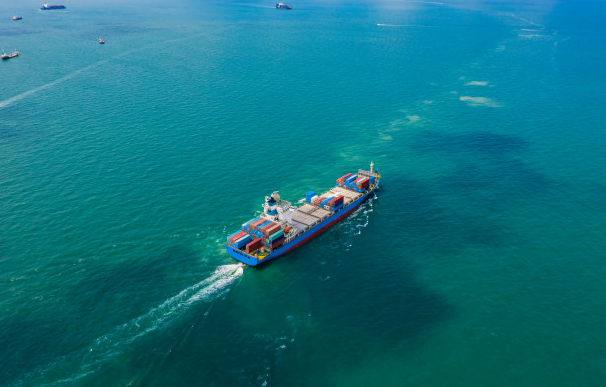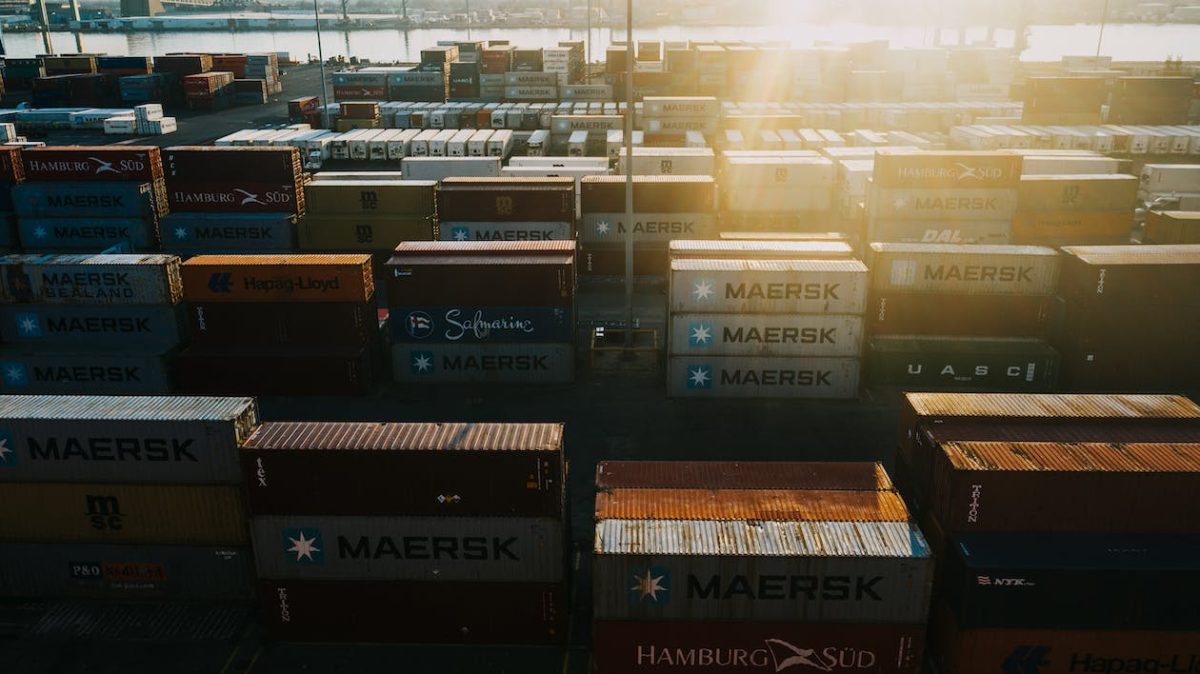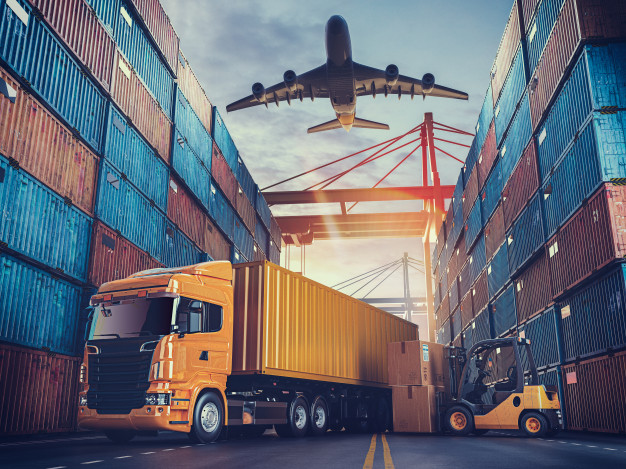A Guide for Searching a Reliable Freight Forwarding Partner
Finding an excellent freight forwarder is very important, especially if you want your shipping business to run smoothly. A shipping company should always be able to provide their clients with great service and a great deal of flexibility in their operations. These two factors will help you maximize your profits and minimize the time you need to deliver your freight.
Of course, the best thing that you can do for your clients is to make sure that the freight company you are dealing with has excellent employees who can take care of the needs of their clients at any given time.
This article will focus on factors to look for a freight forwarder so you can ensure that you find the best one:
Expanding Your Choices Online
A good way to find a good freight provider is to research online and then make some calls. Find out what companies other people are using to ship their products and how satisfied they are. You can also find out what type of pricing model they use and what other services are included in their shipping package.
It is best to find a freight company that will provide free quotes for their shipping services. A quote can be obtained by visiting freight websites and enter your shipping information. The quotes will give you a price range to compare. Choose a company that has the lowest quote and that fits your budget best. Make sure that the company has been in business for at least five years.
CRM
One of the things to look for in a freight forwarding company is its customer relations management or CRM. The company should have a system in place to keep track of its customers, the type of goods they are shipping, the contact information of the customer, and other important information about them. This system should give the customer information regarding the status of their package, what the shipping company’s name is, and other important information regarding the forwarding company.
If you want to save time whenever you talk with your customer or when you need to check on the status of a package, your customer should easily access this information through the company’s CRM. Customer relations management is extremely important because it streamlines operations, ensures customer satisfaction, and promotes brand loyalty among your customers.
Customer Service
The freight forwarding company should ensure that it maintains an excellent customer service program. For instance, your client may get in touch with you to ask you about the best rates available for their shipment. If you cannot provide them with the answer they are looking for, the customer may decide to change shipping companies in the future. It pays to always be ready with your client’s wants and needs.
The Type of Good to be Shipped
You will also have to consider the type of goods you will be shipping. There are different types of freight like cargo transportation, hazardous goods, international freight, and even items that are difficult to ship, like custom-made goods from countries outside the Philippines. When it comes to these kinds of shipments, the freight company you choose should have a good variety of options that it can use to transport your goods. Whether you want your products transported in a closed container or in an open trailer does not matter. The company you choose should determine the most appropriate container for your shipment based on the size and weight of your merchandise.
Excelsior Worldwide Freight Logistics conducts free orientation for those who are willing to learn. It is our advocacy to share our knowledge & experience worth more than a decade in the business. Visit our website today at www.excelsior.ph to learn more about our service.

